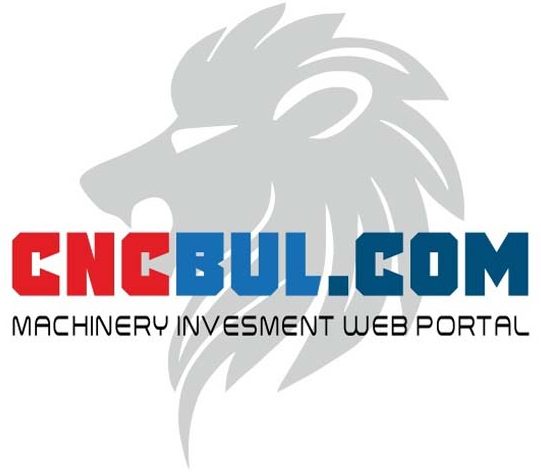What is Machinery Valuation System?
A Machinery Valuation System is a comprehensive methodology used to determine the value of industrial machinery and equipment. This process is crucial for various purposes including financial reporting, tax assessments, insurance claims, mergers and acquisitions, and collateral for loans. Here’s a breakdown of what this system typically involves:
Key Components of Machinery Valuation System
- Identification of Machinery: This includes documenting the make, model, serial number, year of manufacture, and any modifications or upgrades that have been made.
- Condition Assessment: Evaluating the physical and functional condition of the machinery. This can involve on-site inspections to assess wear and tear, maintenance history, and current operational status.
- Market Analysis: Researching the current market for similar machinery. This involves understanding supply and demand dynamics, recent sales of comparable equipment, and trends in the industry.
- Depreciation Calculation: Applying various depreciation methods to account for the loss of value over time. Common methods include straight-line depreciation, declining balance depreciation, and units of production depreciation.
- Economic and Useful Life: Estimating the remaining useful life of the machinery and its economic life, which can affect its value.
- Replacement Cost: Determining the cost to replace the machinery with new or equivalent equipment. This includes the cost of purchase, installation, and any necessary adjustments to integrate the new machinery into existing systems.
- Income Approach: Estimating the future income that the machinery can generate, which can be capitalized to arrive at a present value.
- Cost Approach: Calculating the value based on the cost to reproduce or replace the machinery, minus depreciation.
- Market Approach: Comparing the machinery with similar items that have recently sold in the marketplace to determine its value.
Purposes of Machinery Valuation
- Financial Reporting: Accurate valuation for balance sheets, asset management, and investment analysis.
- Taxation: Ensuring proper tax assessments and compliance with tax regulations.
- Insurance: Determining appropriate insurance coverage and claims settlements.
- Sales and Acquisitions: Supporting negotiations and transaction pricing in mergers and acquisitions.
- Collateral: Using machinery as collateral for securing loans and financing.
Professionals Involved
Machinery valuation is typically conducted by certified appraisers who have expertise in the specific types of equipment being evaluated. These professionals follow standards set by organizations such as the American Society of Appraisers (ASA) and the International Valuation Standards Council (IVSC).
Challenges
- Rapid Technological Changes: Technological advancements can quickly render machinery obsolete, complicating the valuation process.
- Market Volatility: Fluctuations in the market can affect the supply and demand for certain types of machinery, impacting their value.
- Subjectivity: Different appraisers may use slightly different methods or assumptions, leading to variations in valuations.
A well-implemented Machinery Valuation System is critical for businesses to accurately understand the value of their machinery and make informed financial decisions.

